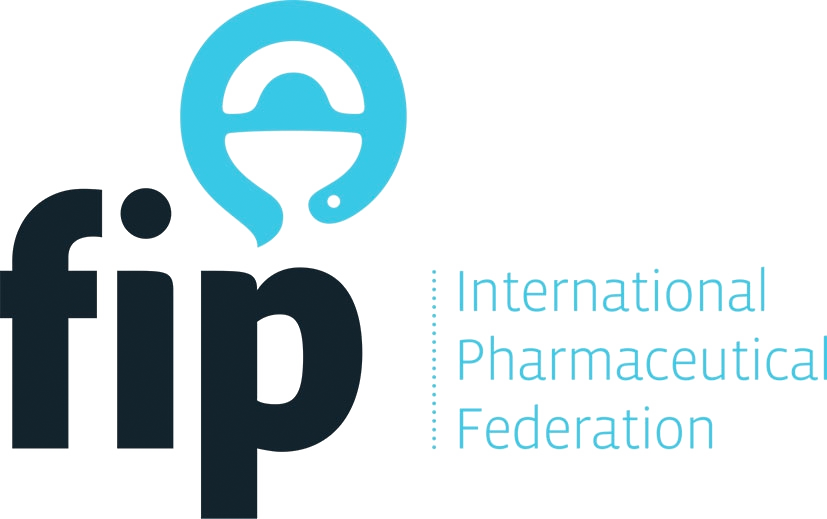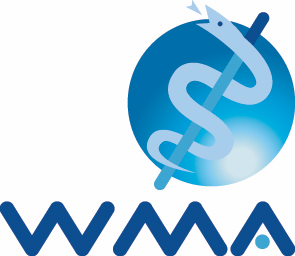May 2018
Honourable Chairperson, Distinguished Delegates,
Thank you for the opportunity to speak on behalf of the World Medical Association (WMA), supported by the World Health Professions Alliance (WHPA), representing over 31 million physicians, nurses, pharmacists, dentists, and physical therapists in more than 130 countries.
We welcome the Director General’s report on WHO’s work in Health Emergencies. We would like to emphasize not only the alarming number of critical emergencies, but also the fact that healthcare professionals and facilities are increasingly attacked during situations of armed conflict – a clear violation of international humanitarian and human rights law. We urge governments to fulfil their obligations and to implement the UN Security Council Resolution 2286, condemning attacks and threats against medical personnel and facilities in conflict situations and demanding an end to impunity for those responsible.
We recognize that the tensions within the ethical decision-making that health professionals experience will differ based on the clinical, social and environmental situation, including the presence of armed conflict; we urge those involved in conflicts to protect civilians as well as healthcare capacities, and to respect the ethical obligation of health personnel to treat all patients, irrespective of who they are. We call for the implementation of the Ethical Principles of Health Care in Times of Armed Conflict and other Emergencies, endorsed by civilian and military healthcare organizations in 2015.
Finally, we strongly recommend:
- To develop collaborations with health professional organizations to ensure that accurate and timely clinical care guidelines are available to healthcare providers;
- To promote training for health professionals on disaster medicine and;
- For the WHO and other UN agencies working with governments and relevant partners, to continue to ensure the availability of accessible information on disease prevention, optimal hygiene, and infection control practices in zones where infections emerge or reemerge.
Thank you




